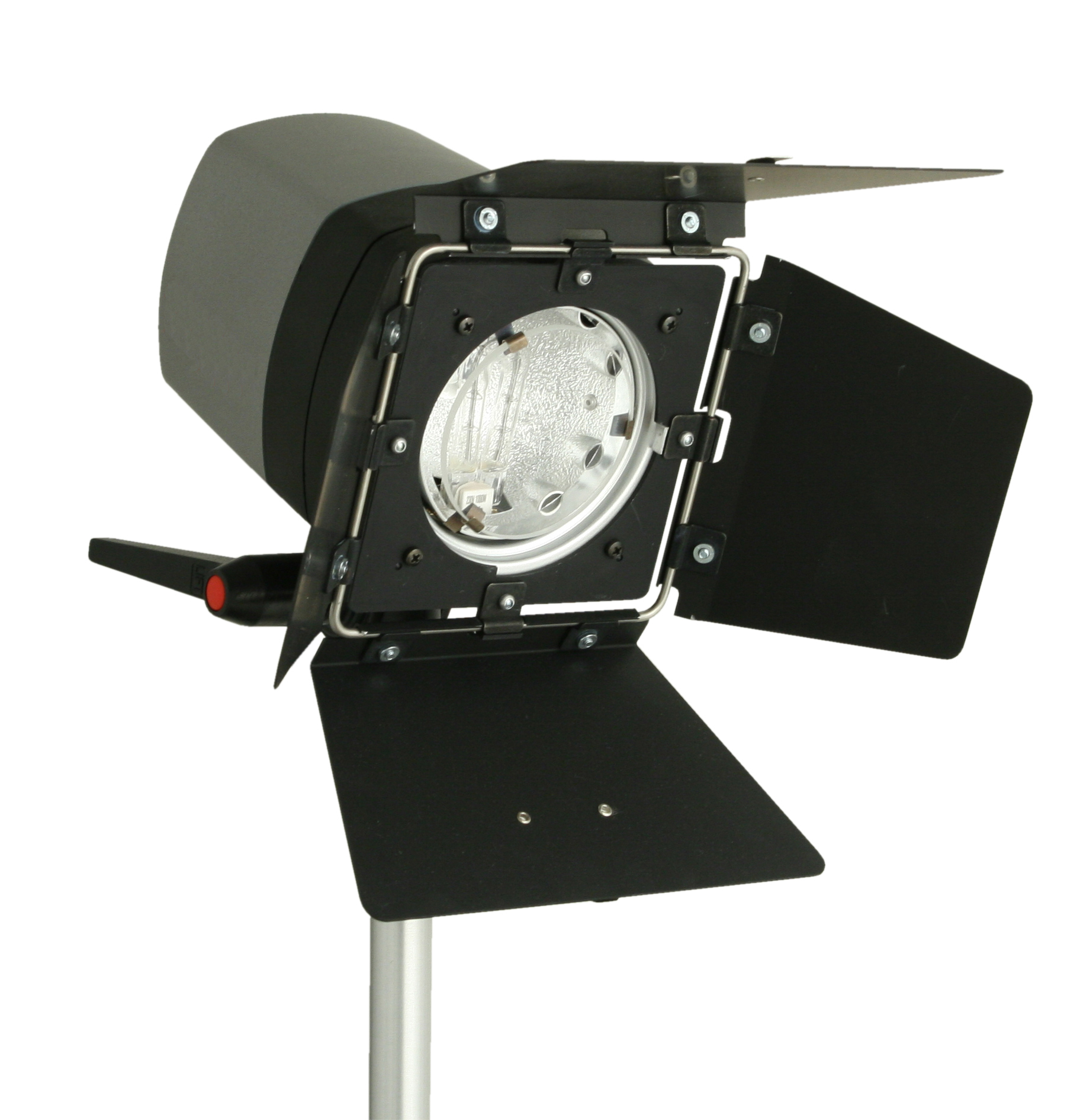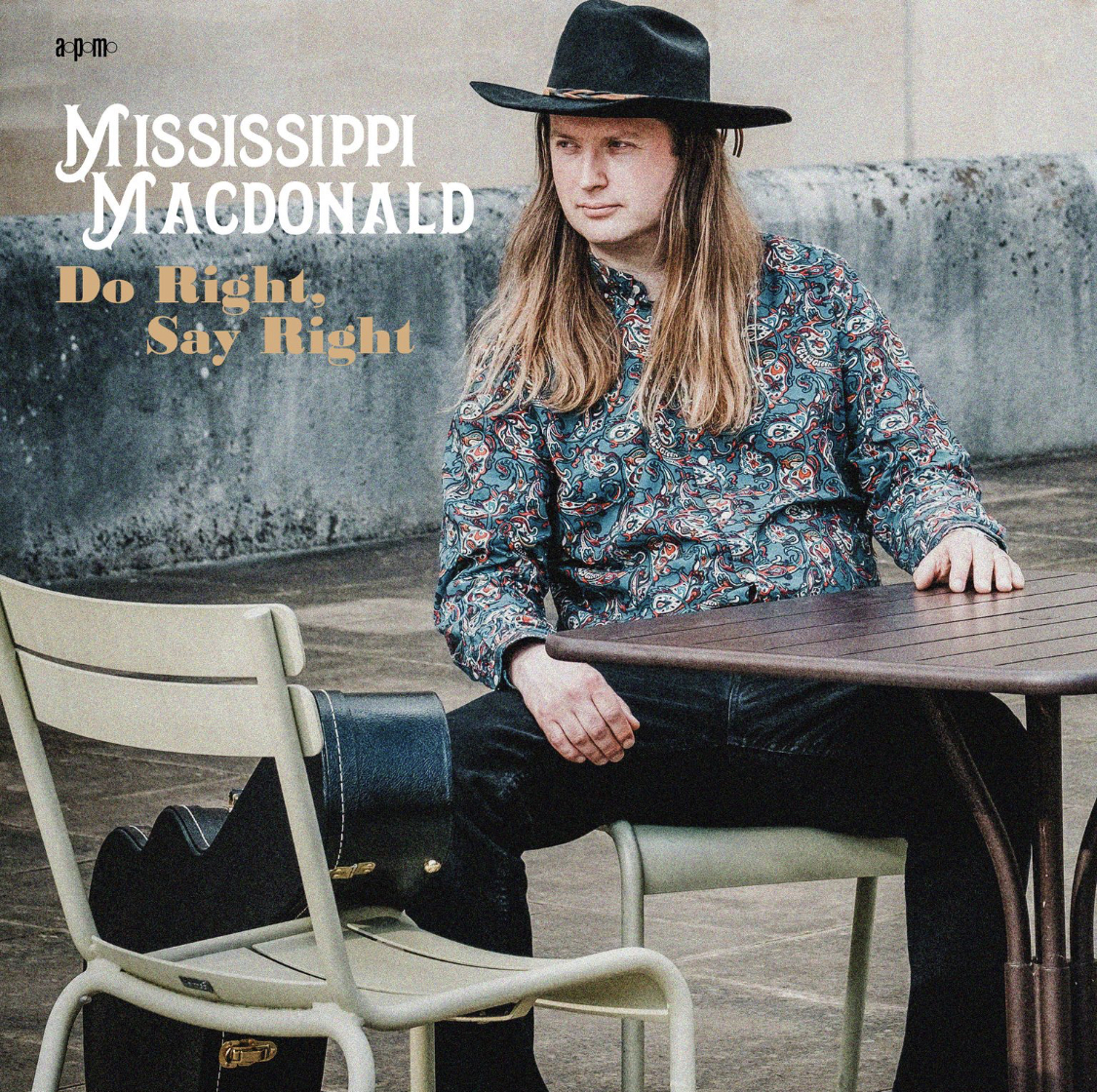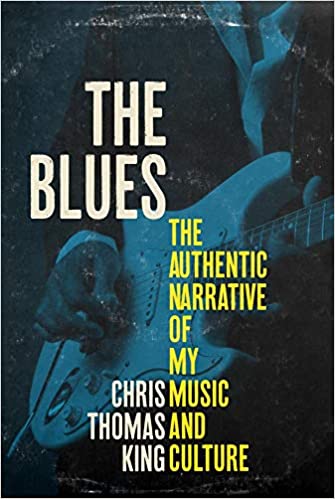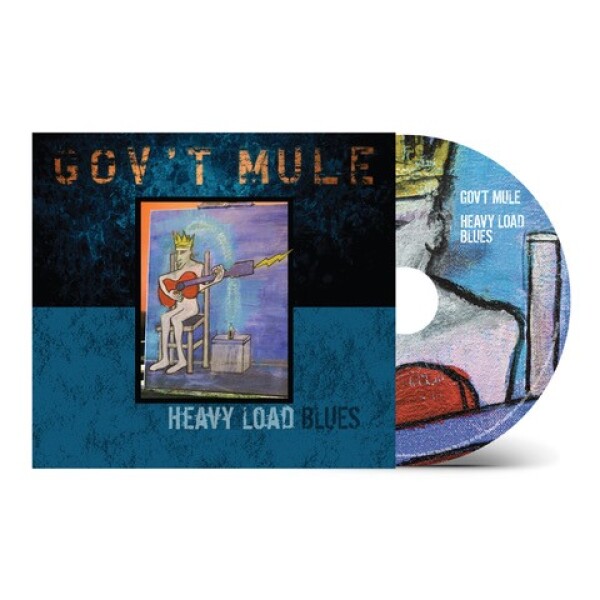
IBC 2022 Postponed by Anni Piper
IBC 2022 Postponed
by Anni Piper
In breaking news, the Blues Foundation has just announced the 2022 IBC will be postponed due to COVID. We have few details at this point. What a disappointment for our 2022 IBC representatives Sugar Roots, and…

Interview with Andrew Matthews
Interview with Andrew Matthews
by Dale Payne
From a local blues master: “Andrew Matthews is a young guy always working really hard to find his own sound. He’s an extremely talented musician/guitarist/vocalist that is influenced by the great…

Spotlight on Dave Leiken by Kirk Anderson
Spotlight on Dave Leiken
by Kirk Anderson
Hey, let me talk to you about this band …
Fifty years ago, 1972 produced many events that still shake us. Arab terrorists murdered 11 people at the Summer Olympic Games in Munich. President Nixon…

Key Events – Save the Date! 2022 February
Key Events - Save the Date!
2022
February
2/10 -- Allen Stone, Roseland Theater
2/11—North Mississippi Allstars, Aladdin Theater
March
3/2 - Albert Cummings, Jack London
3/4—Jason Isbell and the 400 Unit, Keller Auditorium
3/18 -…

Ramblings – January 2022
Ramblings - January 2022
By Anni Piper
As a nod to Greg Johnson, the president’s column will continue to be called “Ramblings” – although the Cascade Blues Association may be wandering in a different direction. The new president of…

Mississippi MacDonald – Do Right Say Right
Mississippi MacDonald
Do Right, Say Right
Another Planet Music Ltd
Review by Anni Piper
Fortunately for the listener, Mississippi MacDonald isn’t trying to sell us the tasteless generic recipe of his namesake. A young British blues sensation,…

The Blues – The Authentic Narrative of My Music and Culture
The Blues: The Authentic Narrative
of My Music and Culture,
by Chris Thomas King (Chicago Review Press Inc.)
Review by Randy Murphy
In his new book, “The Blues: The Authentic Narrative of My Music and Culture,” Chris Thomas King sets out…

Coming Soon – CBA Needs Analysis
Coming Soon - CBA Needs Analysis
By CBA staff
In the coming weeks, the CBA Planning Committee will be distributing a needs analysis email to members, venues and performers currently listed in the CBA database. The purpose of this project is…

Gov’t Mule – Heavy Load Blues – Fantasy
Gov’t Mule
Heavy Load Blues
Fantasy
Review by Kirk Anderson
From their first live show at Rivalry’s on Cherry in Macon, Ga., on June 11, 1994, Gov’t Mule peppered their first set list of 13 songs with four tunes by the blues originals…

CBA 2021 Year in Review by Shelley Garrett
CBA 2021 Year in Review
by Shelley Garrett
This was an unprecedented year for the Cascade Blues Association.
Greg Johnson, who had been CBA president since 2002, was diagnosed with cancer in March. He was able to stay on in a limited capacity,…
